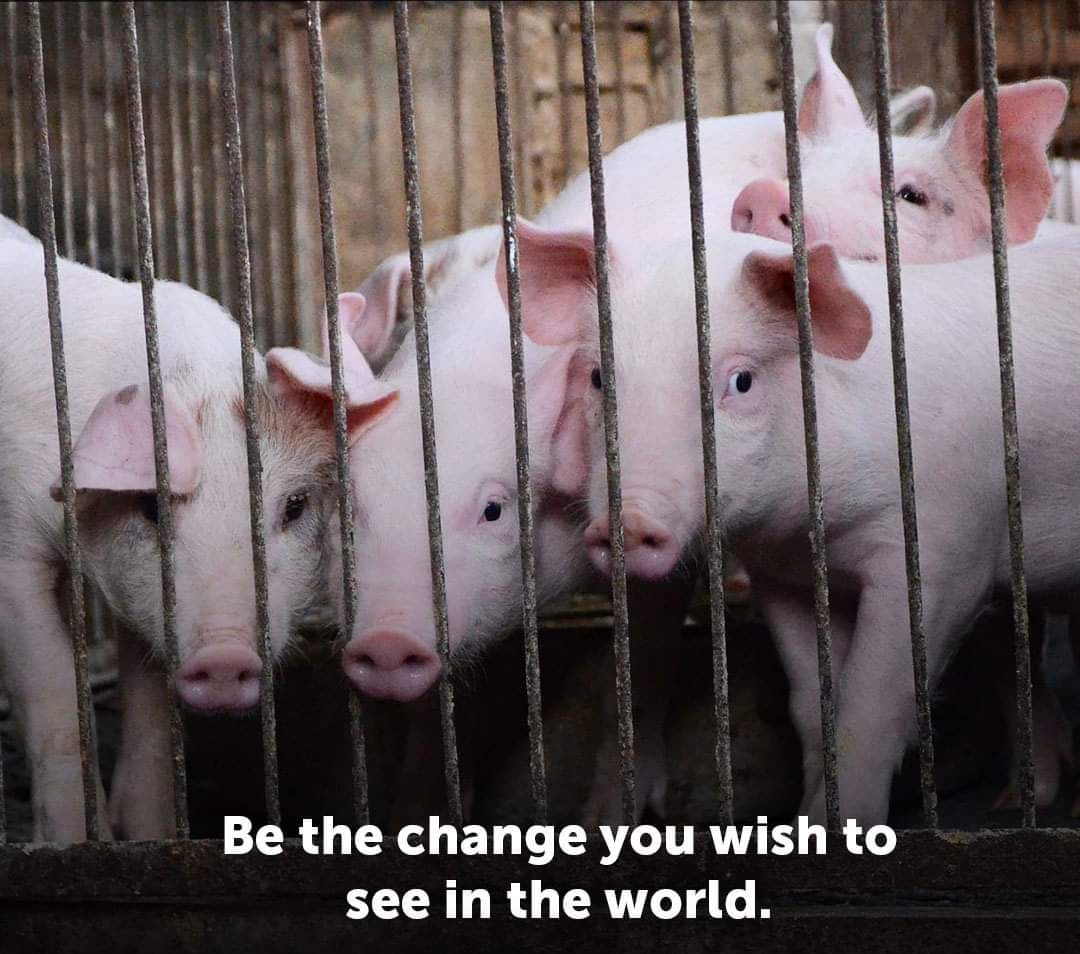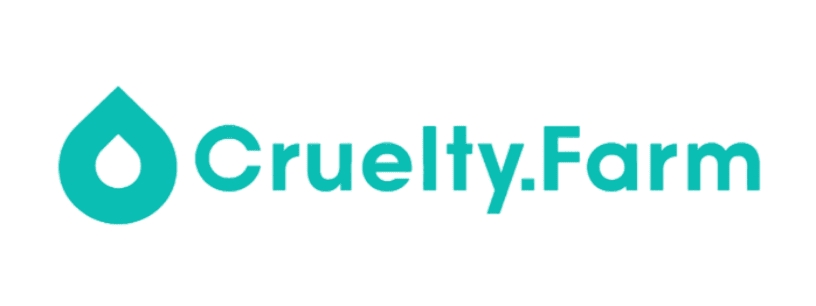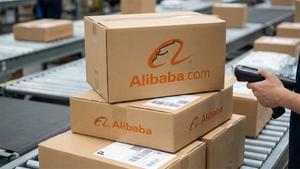All over the world, a quiet revolution is happening, not in boardrooms or parliaments, but at dinner tables. What was once seen as a fringe idea is now changing entire industries: people are moving away from factory-farmed meat and choosing more humane, plant-based options.
For decades, industrial-scale animal farming has shaped our modern food system. These huge operations, called factory farms, have fed billions of people, but this has come at a serious cost to animals, human health, and the planet.
Today, however, awareness is spreading faster than ever. People are beginning to see what lies behind supermarket packaging: overcrowded barns, pollution, suffering, and the growing scientific consensus that this system cannot last.

The Global Impact of Factory Farming
Industrial livestock production now uses more than three-quarters of all agricultural land on Earth, but it provides less than one-fifth of the calories people eat. The numbers just don’t add up. At the same time, the environmental impact is huge: deforestation, water loss, antibiotic resistance, and greenhouse gas emissions that are as high as those from all transportation.
Behind these statistics are stories that are harder to measure: farmers pushed into debt, workers facing dangerous conditions, and communities dealing with air and water pollution from nearby farms.
It’s not just about animals. It’s about people, ecosystems, and the moral choices that define who we are.
The Rise of a Plant-Based Future
What’s remarkable is that a real alternative already exists. Plant-based living, which was once found only in niche health stores, has become a global movement. Millions of people are choosing it for reasons like compassion and climate action.
Countries around the world are seeing the same shift: young people reducing their meat intake, chefs redefining traditional cuisine, and scientists working on innovations such as cultivated and plant-based proteins.
Websites such as Vegan Outreach(English), Cruelty.Farm (Chinese), Cruelty.Farm (Russian), and Cruelty.Farm (Hindi) are helping people navigate this change, offering factual, science-based information in multiple languages. Each version explores how our dietary choices affect not only animals but also human health, climate change, and global sustainability.
For those in the Middle East and beyond, the Persian edition provides culturally relevant insights, showing that plant-based eating isn’t a Western trend but a universal solution rooted in ancient wisdom and compassion.
Why This Matters Now
The need for change is now impossible to ignore. Nearly 92 billion land animals are killed for food each year, and trillions of marine animals are caught or farmed. Our demand for animal products is putting natural systems under extreme pressure. The livestock industry accounts for about 37% of global methane emissions, a greenhouse gas much more potent than CO₂.
At the same time, animal agriculture uses one-third of the world’s freshwater, even though billions of people already struggle with water shortages. The numbers are staggering, but the solution is clear. Moving toward plant-based foods could free up 75% of global farmland, sharply cut emissions, and save many animal lives.
This is not just about saving the planet; it is also about saving ourselves.
A Human and Ethical Awakening
Beyond science and policy, something deeper is happening. People are starting to question what it means to eat ethically, to live consciously, and to align daily choices with values of compassion and respect.
Eating plant-based food is not about being perfect; it is about making progress. It is a personal journey that millions are taking, one meal at a time. This movement is supported by a growing community of educators, environmentalists, and organisations who are working to reveal the truth about factory farming and promote better options.
Towards a Kinder World
The move away from factory farming is more than just an environmental or dietary trend; it is one of the most significant cultural changes of our time. It challenges long-held habits, questions corporate power, and redefines what progress really means.
In the end, the story of food is also the story of humanity. As more people realise that our choices matter and that each meal can either cause harm or help renewal, the movement grows stronger.
A future built on compassion, sustainability, and health is within reach. And it begins with something as simple as what we choose to eat today.
Media Contact
Company Name: Humane Foundation
Contact Person: Ali Roghani
Email: Send Email
Address:27 Old Gloucester Street
City: London
State: England
Country: United Kingdom
Website: https://cruelty.farm/





